An international practical seminar titled "Potato and Vegetable Crop Nematodes: Diagnosis and Control Measures" was held for farmers from the Pavlodar Region at Toraighyrov University.
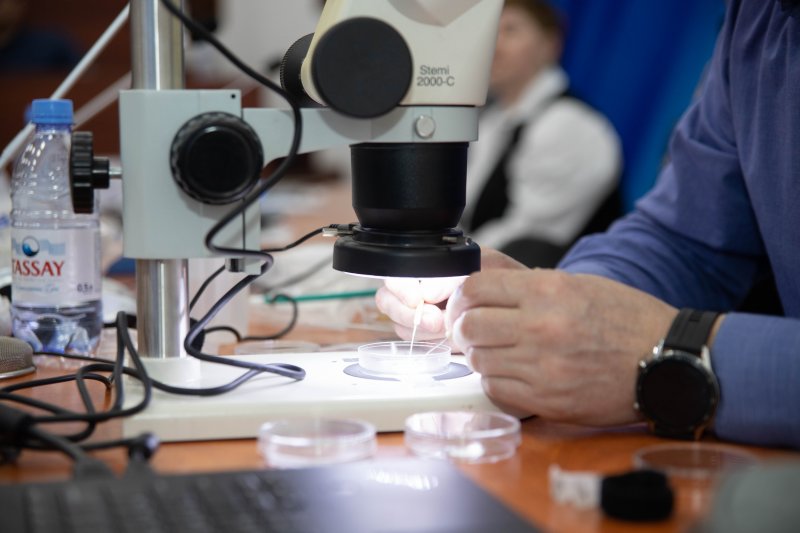
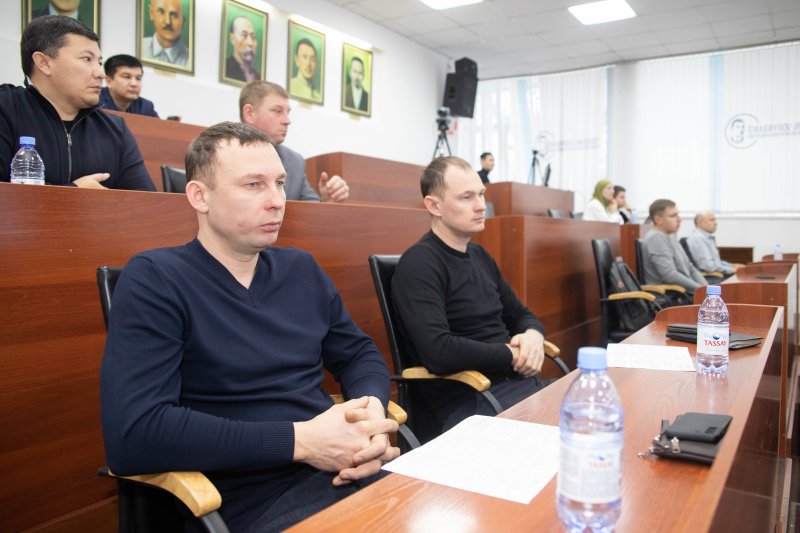
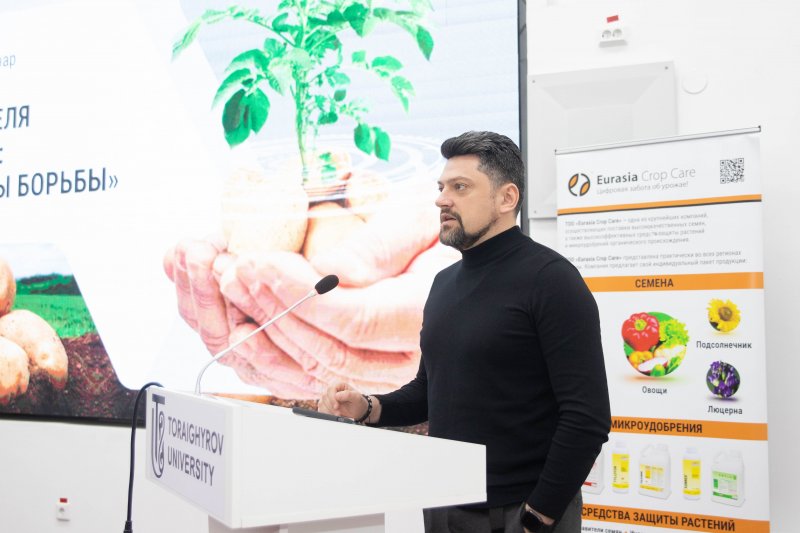
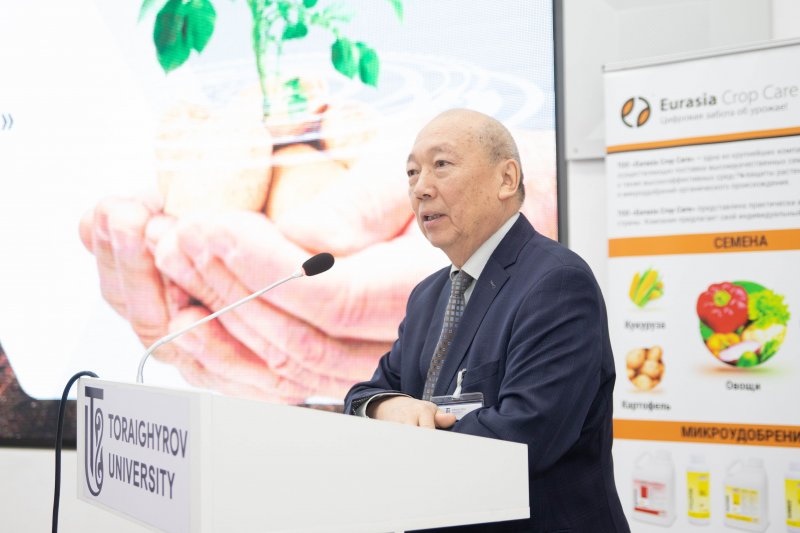

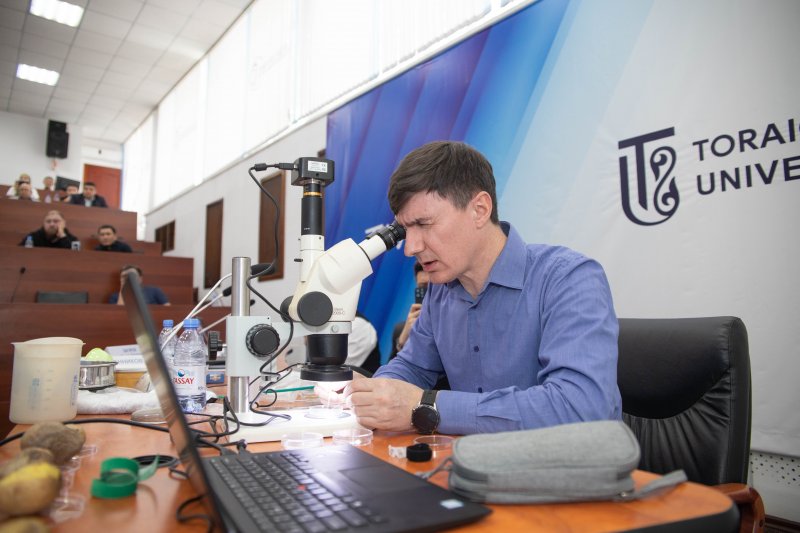
LLP "Eurasia Crop Care" in collaboration with Toraighyrov University organized training for agricultural producers on methods for identifying plant parasitic nematodes. Developing joint educational programs is a priority direction for bridging the education system and agribusiness, promoting innovative developments in production across the fields of Kazakhstan.
Leading experts in the field of phytonematodes were invited to conduct the seminar.
"The guest seminar with such high-class specialists became possible thanks to our cooperation with 'Eurasia Crop Care.' The company, which is successfully operating in the domestic agro-industrial market, is interested in the industry being replenished with real professionals. This is the essence of our educational model – to educate the youth together with representatives from the real sector of the economy," noted Yerkin Sadykov, the university's rector.
During the training, general issues related to the distribution, biology, harmfulness, and methods of controlling the population of the main groups of parasitic nematodes on agricultural crops, with a focus on potatoes, were discussed.
Scientists from the "Vector" Virology Center developed a biological product based on predatory fungi to fight against plant parasitic nematodes.
The head of the Phytoparasitology Laboratory at the Institute of Ecology and Evolution named after A.N. Severtsov of the Russian Academy of Sciences, Associate Professor of the Department of Plant Protection at the Russian State Agrarian University - Moscow Timiryazev Agricultural Academy, Mikhail Pridannikov, discussed the general principles of classification of plant parasitic nematodes into groups, their morphology and biology, symptoms on plants caused by nematode parasitism, and the main methods of reducing their population and harmfulness in agroecosystems.






